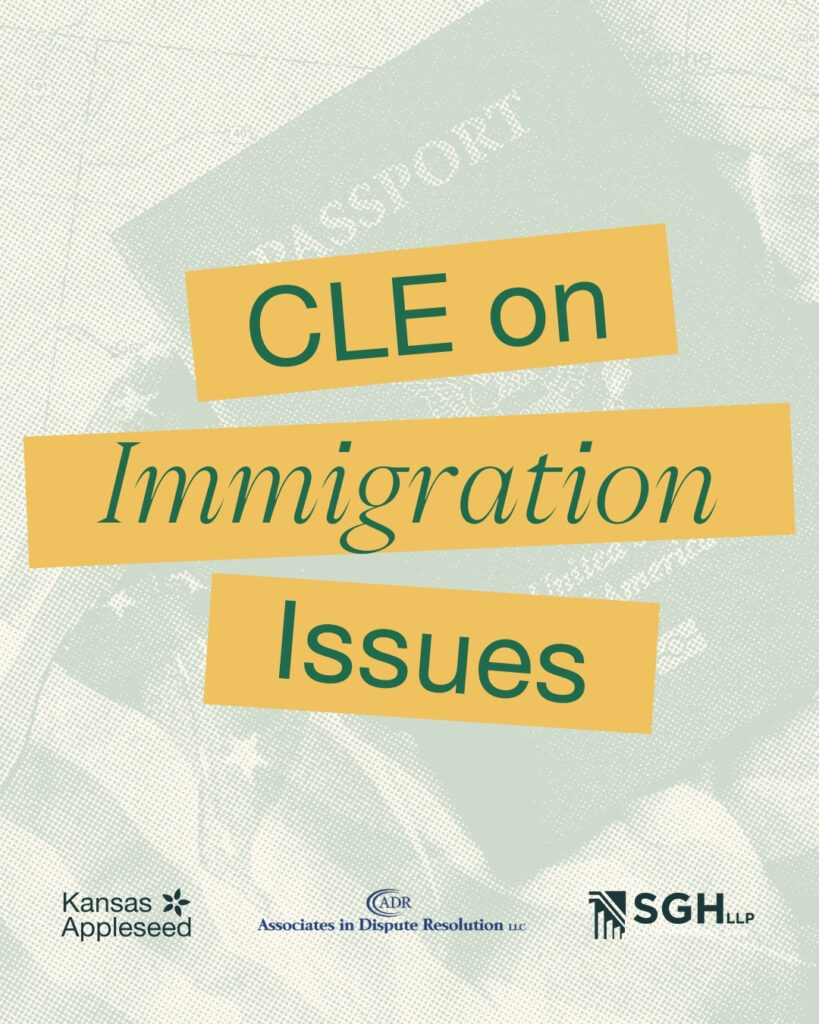
Protecting Kansas Foster Youth: Ending the Exploitation of Children in Care
Our kids in foster care are one of our most vulnerable populations here in Kansas, partially due to the system itself which continues to navigate oversaturated caseloads, unstable placements leading to children sleeping in offices, and insufficient mental health support. However, another issue is causing deep harm to these youth, particularly the most at-risk among them here in our state– and in many other states across the country. This issue is the continuation of foster care agencies taking the benefits payments of youth who qualify for Social Security Income (SSI) and/or Survivor Benefits to fund their care. For youth, SSI is a benefit paid monthly to support youth who are living with disabilities or who are blind; Survivor Benefits are paid to youth who have lost a parent who worked and paid social security prior to their passing.
The practice of confiscating a child’s benefits payments does not align with the recently passed Representative Gail Finney Memorial Foster Care Bill of Rights, which secures foster youth’s right to belongings, nor does it align with payee designations presented by the Social Security Administration (SSA), which expresses that it is preferential for a child to have a payee who is a parent, guardian, other relative, or close family friends before resorting to organizational payees.
As of February 2024, the state was taking payments from 874 children (almost 15% of all children in foster care in the state). This money resulted in about $8.5 million in revenue for DCF. While those millions of dollars would be highly impactful to their rightful recipients– allowing for youth to cover unmet needs or save for their transition into adulthood– it only accounts for 3% of the Department for Children and Families (DCF) foster care budget– a small drop in the bucket for this institution meant to be serving our foster kids.
So how can our foster system right this wrong? They can follow the guidelines presented by the Center for Abused Children’s CFC Preservation Toolkit, starting with screening all children entering the foster care system for eligibility for federal and state benefits. They can also,
- Ensure the process of determining a child’s payee follows best practices and make all attempts to select a representative who is not their foster care agency.
- Limit the use of these children’s benefits to only include needs not otherwise met by the foster care system’s obligation.
- Start ABLE accounts to set our foster youth up for success with access to more opportunities and reduced financial hardship. These accounts can be used for expenses like post-secondary education expenses, a security deposit on an apartment, a vehicle to get to work, and other needs that persist beyond aging out of care.
Foster children who have been orphaned or qualify for disability are the only kids paying for their own care; no other Kansas foster child is expected to foot their own bill. This practice does not support youth in the most basic way they deserve, and it shows a lack of equity that has no place in Kansas.

